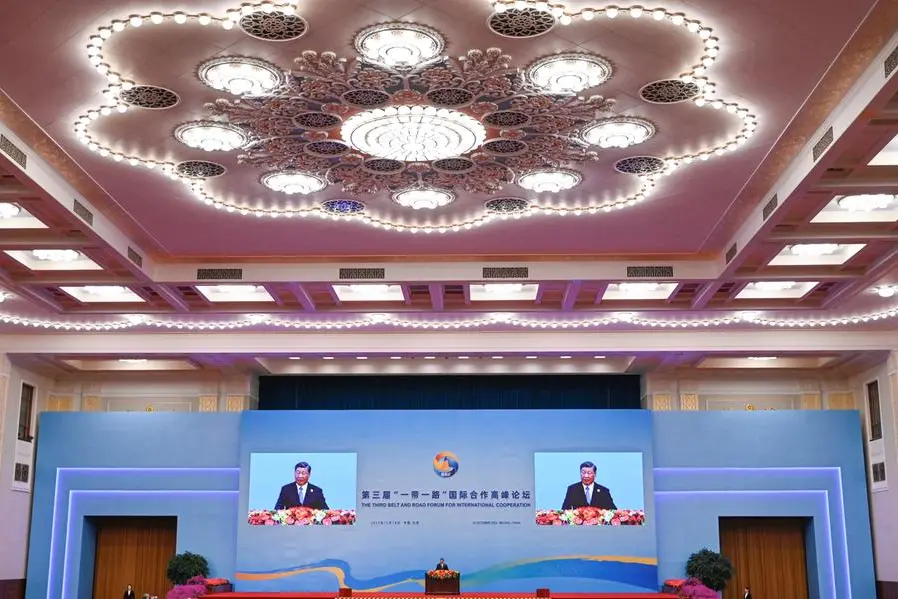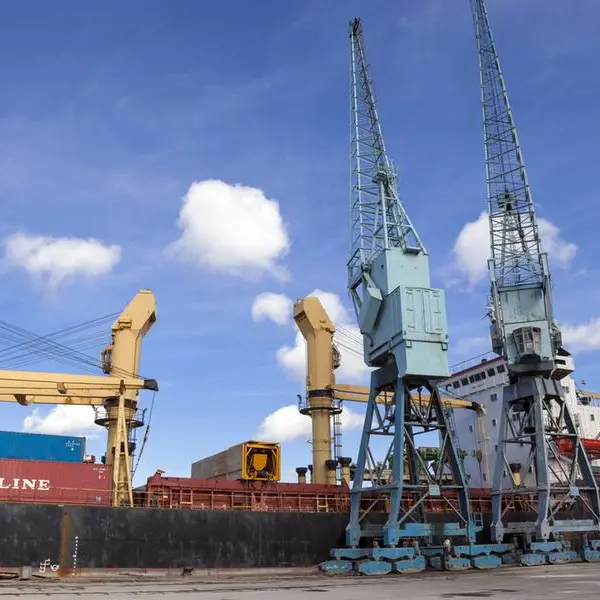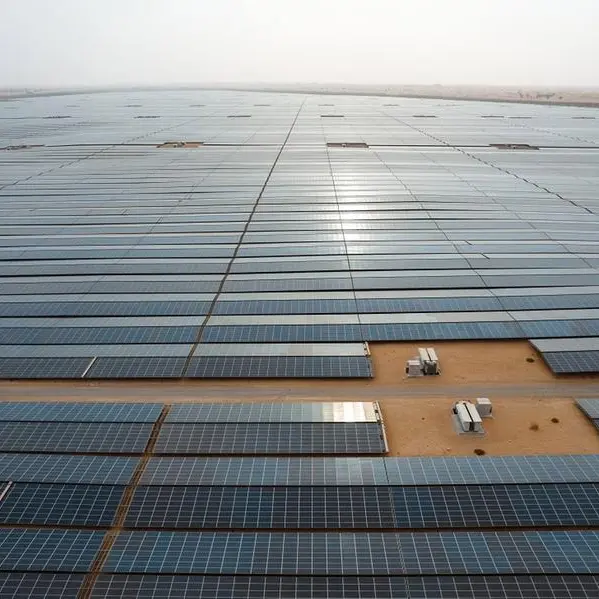PHOTO
An official in Afghanistan's Taliban-led government told AFP Wednesday that the country was seeking deeper economic cooperation with China, on the sidelines of a major development summit hosted by Beijing.
"We will hold talks about investment and having good bilateral relations with China," said industry and commerce minister Nooruddin Azizi.
Since the chaotic withdrawal of US troops in August 2021, the Taliban government has not been officially recognised by any country.
But Kabul has maintained diplomatic engagement with Beijing, which invited Azizi to participate in a summit this week marking the 10-year anniversary of its signature Belt and Road trade and infrastructure project.
"We have already signed (a great number of) projects with China," Azizi told AFP.
Afghanistan represents a potentially valuable addition to the global Belt and Road initiative, given its natural reserves including copper and gold.
The Taliban government official mentioned certain "mega projects", including the Mes Aynak copper mines and Qashqari oil extraction site.
"China has more interest in the development of Afghanistan than any other country," said Azizi.
He added that discussions for Afghanistan to join the Belt and Road as a formal member were ongoing.
"Afghanistan provides a great opportunity," said Azizi, citing its mining and agricultural sectors.
"We are happy with our relationship with China."
In a position paper on Afghanistan released this year, China's foreign ministry said it "respects the independent choices made by the Afghan people, and respects the religious beliefs and national customs".
And while expressing concern about the impact of the country's policies on women's rights, former Chinese foreign minister Qin Gang said in April that the issue of women's rights "is not the whole issue of Afghanistan, nor is it the core or root cause of Afghanistan's problems".
Under their austere interpretation of Islam, Taliban authorities have imposed a slew of restrictions on Afghan women since seizing power in 2021, including banning them from higher education and many government jobs.
Beijing has long feared Afghanistan could become a staging point for minority Uyghur separatists in China's sensitive border region of Xinjiang.
The Taliban government has promised that Afghanistan would not be used as a base for militants and, in exchange, China has offered economic support and investment for Afghanistan's reconstruction.
Maintaining stability after decades of war in Afghanistan is Beijing's main consideration as it seeks to secure its borders and strategic infrastructure investments in neighbouring Pakistan, home to the China-Pakistan economic corridor.





















